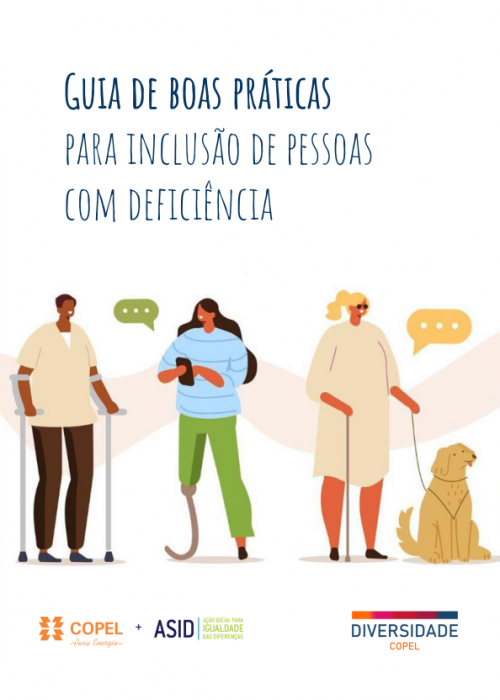Diversity
Copel adopts several initiatives to promote diversity of gender, race/color, age, religion and sexual orientation, as well as the inclusion of people with disabilities, migrants and refugees, creating an inclusive and collaborative work environment.
The promotion of diversity is in line with the company’s values that guide the Sustainability Policy, the Human Rights Policy, the Appointment Policy and the People Management Policy.
For being a quasi-public company, access to Copel’s job openings happens through a public test/contest, and therefore, there is no distinction in selection processes, thus avoiding any risk of discrimination in this step. Moreover, the Code of Conduct provides that discrimination is unacceptable conduct, and respect is one of the Company’s values.


Promotion of Diversity is especially attached to the Sustainable Development Objectives 5, 8, 10, 16 and 17.
Copel’s diversity commitments:
- Global Compact – ONU
- Inclusion of Persons with Disabilities MP/PR
- Pro-Gender and Race Equity Program – Federal Government
- Women Empowerment Principles (WEPs) – UN
- ODS – We Can Paraná – ODS Brazil
- Social Inclusion Compact of Women and Men of African Descent in the Jobs Market – MPT/PR
To find out about Copel’s actions to promote diversity, access the EducaODS Program newsletters, which are interrelated with Copel’s Diversity Program.
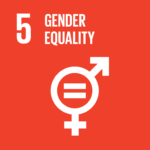
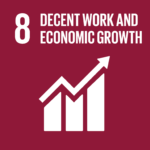
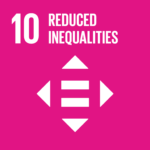

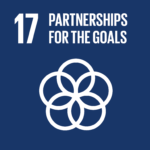
Permanent Diversity Commission
Copel has, since 2015, a Permanent Diversity Commission (previously Diversity Committee) attached to the Diversity Program, whose role is planning, executing and monitoring actions and strategies for fighting discrimination in the work environment, as well as promoting valuation of diversity. Its core themes are gender and sexuality, race/color and persons with disability, although the Commissions is not limited to these themes.
The work performed by the Commission has already received relevant acknowledgments, such as the pro-Equity Gender and Race Seal, twice awarded to Copel by the Federal Government.
The processes under responsibility of the Commission and of the Diversity Program, in addition to considering the values and policies of Copel, take into account dialog with society, alignment with public policy and with the 2030 Agenda.

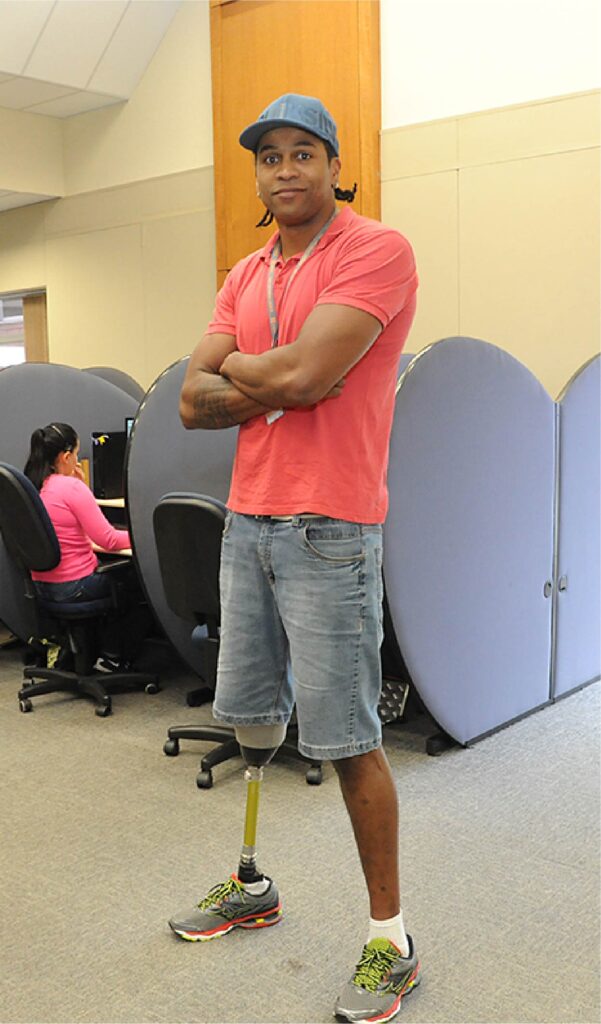
Diversity Commission Actions
The results of the Diversity Commission’s work can be measured in indicators such as hours of training, participants in the actions and geographic capillarity of the initiatives. Access the tabs and check it out.
In 2023, the “A new look at the world” training course was held on Diversity in the workplace, with 2,330 people taking part. There was also a lecture on “Sexual harassment in the workplace”, with 1,986 participants. Copel´s Energia da Sustentabilidade podcast on the Sustainable Development Goals is also available, with episodes on gender, race and LGBTQIA+ issues.
The results of the Diversity Commission’s work can be measured in indicators such as hours of training, participants in the actions and geographic capillarity of the initiatives.
In 2022, 47 hours of training and diversity events were held, with 2,918 participants from 38 municipalities in Paraná, Mato Grosso and Rio Grande do Norte, states in which Copel has operations.
The quizzes on Indigenous Diversity Day, LGBTQIA+ Rights and Black Consciousness Month totaled 1,447 participants from 78 municipalities in Paraná, Mato Grosso and Rio Grande do Norte.
Updating content

Diversity Program
Copel has a Diversity Program destined to the internal public, Company’s own employees and external contractors, which targets at having a safe, healthy corporate culture, respectful of all people, also influencing the Company’s stakeholders. After all, upon becoming a catalyst of themes of that importance, Copel understands it has a positive impact that exceeds the corporate scope.
Therefore, on an annual basis, Copel (Holding) resources are destined and resources of subsidiaries are destined to implementing initiatives proposed by the Permanent Diversity Commission, reviewed at each new cycle.
Throughout its existence, the Commission has been contributing to the promotion of human rights, especially by aiming at more equal work relations.

Human Rights Policy
In April 2020, the Company took an important step when launching its Human Rights Policy that formalizes guidelines for preventing, mitigating and repairing violations that may occur at the Company, in its chain of production or impacted communities. In 2024, the document became a specific chapter of the Sustainability Policy. Internal regulation NAC 030373 HUMAN RIGHTS – PROTECTION AND DILIGENCE, launched in 2023, reinforces the commitments made in the company’s policy and code of conduct.
Based on it and the Company’s own methodology for identifying human rights risks, relevant measures are established in the several areas of operation of the company.
The policy follows the Universal Declaration of Human Rights established in 1948 by the UN, consisting of basic civil, political, economic and cultural rights common to all human beings. The document also follows the international standards of the UN Guiding Principles on Companies and Human Rights, of the Global Compact Principles, of the Declaration of the Fundamental Principles and Labor Rights of the International Labor Organization (OIT), and of ISO 26.000/2010: Social Responsibility.



Gender
Gender relations are a fundamental axis in the search for equity in contemporary society.
In the corporate environment, gender questions are being highlighted and focused mostly int he search for a safe and healthy environment for cis women* and for trans people**, free of harassment, violence and prejudice; salary matching for the same position and career time; encouraging the ascension of leader women and opportunities for growth free of unconscious biases, considering the specificity and the needs of each group.
The Company monitors the effectiveness of its actions through periodically reviewed indicators.
Check out the stratified data in Copel’s employee chart.
*Woman who identifies as her biological sex.
**People who do not identify as their biological sex.
Nursing Rooms
Copel keeps nursing rooms in some of its units so employees returning from maternity leave have a proper environment for extracting and storing milk to be offered to their breastfeeding children.
The environments integrate the “Mãe Paranaense” network and are certified by the Ministry of health, in recognition to support of women that are part of the Company’s employee structure.
According to the Ministry, all throughout Brazil, there are approximately 150 registered nursing rooms available for use by working mothers in the market.
Implementation of support rooms for nursing is part of the Gender and Race Pro-Equity Program, which has already granted Copel certification in three occasions.
Created in 2005 by initiative of the Federal Government, the program is coordinated by the Special Department of Policies for Women of the Ministry of Justice and Citizenship, and it seeks to promote equivalence of opportunity and outcome in the lives of women and men, irrespective of rate and ethnicity, recognizing different needs and interests, considering redistributions of power and income.
The action is also aligned to Sustainable Development Objectives (ODS) of the UD, especially items that defend equality of gender, empowering girls and women, and health and wellbeing, including preventable death of babies and children.
Lear more details of the room located in Polo Km3 in the opening video.
Sexual Orientation
People must be respected irrespective of their sexual orientation. However, unfortunately, Brazil is one of the countries with the highest levels of homophobia and LGBT+phobia (which, on its turn, is also related to the gender theme).
In this sense, companies must ensure a work environment where people feel free and safe. Hence the focus of the “Sexual Orientation” axis has been primarily set on educational action to prevent any prejudicial acts that may occur. It is essential to promote a corporate culture where people are comfortable and have opportunity for professional growth without the interference from unconscious biases* or discrimination.
The Company monitors the effectiveness of its actions through periodically reviewed indicators.
*Prejudices incorporated to the day-to-day routine, based on stereotypes of gender, class, sexual orientation, age, among others, impacting actions and judgment of one without even noticing it.

People with Disabilities
According to the Brazilian Inclusion Law (LBI) and the International Convention on the Rights of Persons with Disabilities, “a person with disability is considered to be one who has a long-term physical, mental, intellectual or sensory impairment which, in interaction with one or more barriers, may obstruct his or her full and effective participation in society on an equal basis with others.
At Copel, there is a set of actions to achieve a more diverse and inclusive work environment for all people, such as the Guide of Good Practices (see beside), periodical training and the Program to Assist People with Disabilities, a set of benefits for employees with disabilities and their dependents with disabilities, aimed at assisting in the treatment, correction and/or recovery of these people and made official by means of an internal rule (NAC 040124).
The Company believes it is responsible for creating opportunities, promoting accessibility, and fighting any form of discrimination on the grounds of disability, which includes any form of distinction, restriction, or exclusion, by action or omission, that has the purpose or effect of impairing, preventing, or nullifying the recognition or exercise of the rights and fundamental freedoms of a person with a disability, including the refusal of reasonable accommodation and the provision of assistive technologies.
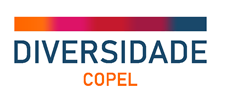

Race/Color
In the 21st Century, equity in terms of ethnic-racial questions remains a challenge in Brazil and worldwide, especially due to structural racism.
In companies, this is no different. Ethnic-racial questions focused on the corporate environment are mostly focused on the search for an anti-racist stance within the company’s own ranks and relative to stakeholders; stimulating the ascension of persons of African Descent to management positions; and opportunities for professional growth free of unconscious* biases, considering the specificities and needs of each group.
Moreover, there is attention to complying with affirmative action laws in Copel’s public tests/hiring contests.
The Company monitors the effectiveness of its actions through periodically reviewed indicators.
* Unintentional stance and/or behavior, unconsciously based on social markers (skin color, gender, sexual orientation, etc.), which influence decision-making, resulting in different treatment of people
Gender and Race Pro-Equity Seal
The Gender and Rate Pro-Equity Program is an initiative of the federal government, launched in 2005, coordinated by the (then) Special Department for Women’s Policies (SPM), in a partnership with the Racial Equality Promotion Policies Department (SEPPIR), the UN Women, and the International Labor Organization (OIT).
The purpose of the Program is disseminating new concepts in the management of people and in organizational culture for reaching equality of standing between women and men in the jobs market, considering, moreover, inequality of race and ethnicity.

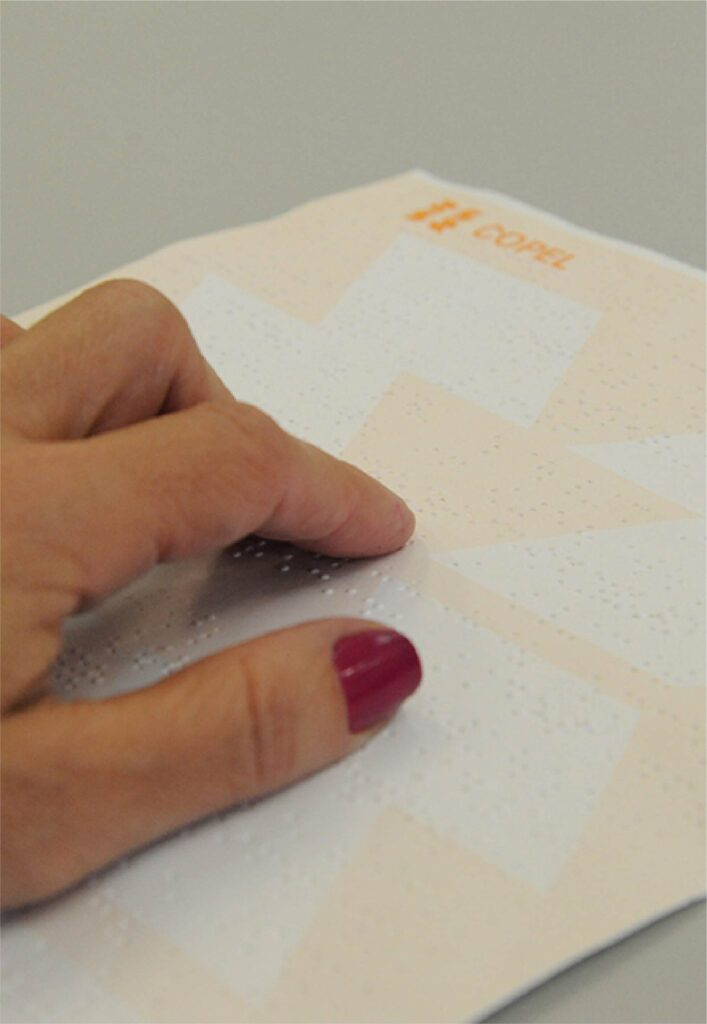
Accessibility
Accessibility is fundamental anywhere, including in work spaces. It includes the physical and virtual structure, by communication and treatment of persons with disability. It is very likely that everyone will need accessibility resources at some point in their lives, even if temporarily.
For that reason, in the last years, Copel has been trying to improve itself for meeting these four fronts, especially through the adjustment of structures, training and information, so we may have an accessible and inclusive environment.
The Company promotes actions to comply with accessibility laws, in addition to establishing partnerships with institutions for a more in-depth approach to the topic. It is possible to follow Copel’s data through integrated reports published annually and through the Sustainability Portal.
Discrimination and Harassment
Among Copel’s values, foreseen in the Company’s strategic reference framework, are ethics and respect for people, which guide its actions with related parties and stakeholders, values the trust earned throughout its history and encourages consideration and courtesy towards others. The company is committed to supporting, protecting and preserving human rights and labor relations, adopting policies and practices that contribute to this end.



